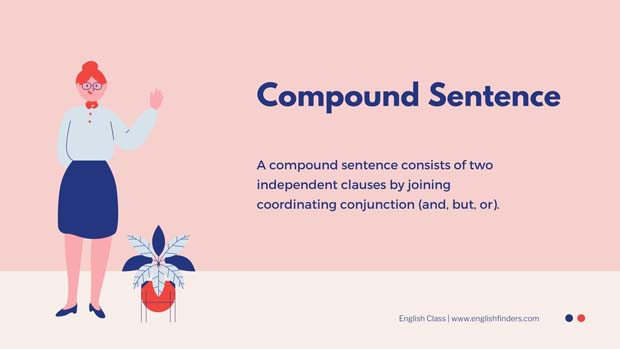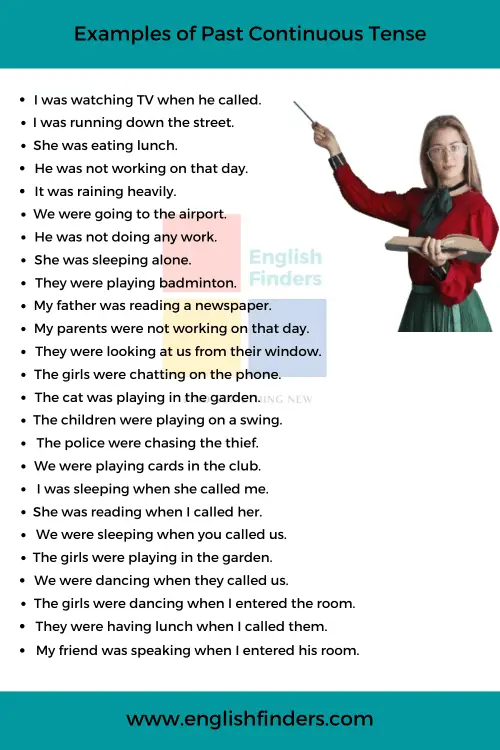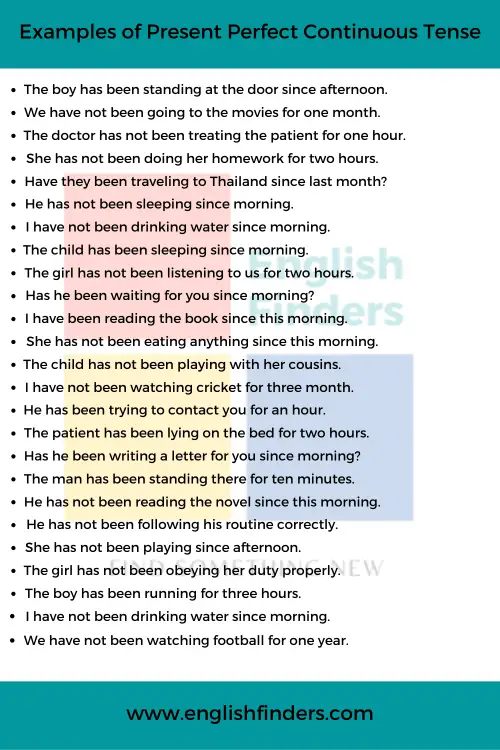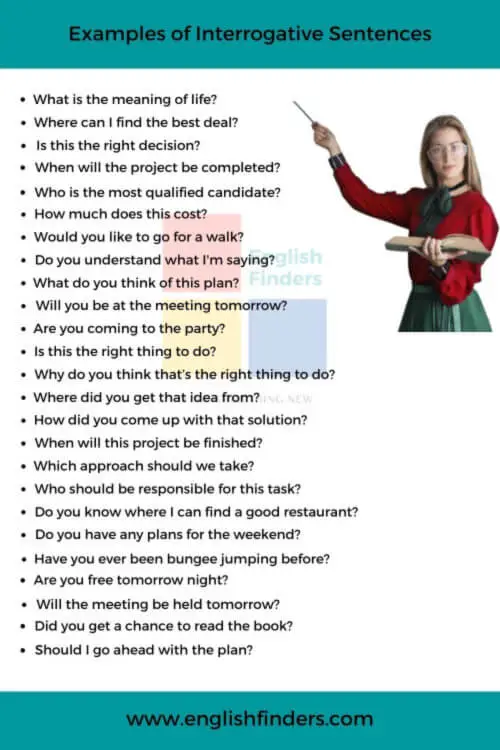As we know, sentences are divided into many types, and the compound sentence is one. Compound sentences play a significant role in explaining a thing more elaborately. A compound sentence consists of two independent clauses by joining coordinating conjunction (and, but, or). A clause is a group of words that has an independent meaning.
Sometimes many of us think that a compound sentence is complicated to understand. But it’s too difficult to understand. However, without wasting time, let us know the definition of a compound sentence.
What Is a Compound Sentence in English?
Quick Navigation
A compound sentence is a type of sentence that consists of two independent clauses with a coordinating conjunction (and, but, or). In other words, we can say a compound sentence has two main clauses joined by a comma and a coordinating conjunction or semicolon.
We can also make a compound sentence by joining two simple sentences with a comma and a coordinating conjunction. Let us see some examples to get a clear idea of it:
- I prepare for dinner, and I enjoy the wedding party.
- She knew how to fix the issue, but she refused to do it.
- You will have to do the proper diet, or your weight will be increased.
- Make a good study plan; you fail the examination.
- I need your assistance; I fail to proceed.
Difference between Simple and Compound Sentences
We can quickly identify the difference between simple and compound sentences. A simple sentence contains one independent clause, e.g., I need this English lesson. In contrast, a compound sentence contains two independent clauses with a coordinating conjunction, e.g., I need this English lesson, and you can provide me with this lesson. The most common coordinating conjunctions are; and, but, or, for, yet, and so.
Difference between Complex and Compound Sentences
Sometimes we become confused to differentiate between complex and compound sentences. But it’s not a difficult task to identify the difference between these two sentences. A complex sentence contains one independent clause and one or more subordinate clauses. For example;
I have a pet whom I love so much.
We can see one independent clause and a subordinate clause in this sentence. That’s why we can call it a complex sentence.
On the other hand, a compound sentence contains two independent clauses with a coordinating conjunction. For example;
I have a pet, and I love it so much.
In this sentence, we can see two independent clauses combined with the coordinating conjunction ‘and.’ That’s why we call it a compound sentence.
Examples of Compound Sentences
Now let us see some examples of compound sentences for better understanding:
- He plays football, and his friend reads a novel.
- They worked hard, but they failed to reach their destination.
- I need to work with you, but I can’t due to my sickness.
- We should complete the task or fail to reach our destination.
- My friend is busy now, so I have to meet him later.
- He has lost his job, yet he didn’t get his last salary.
- I found the right path and got my best life partner.
- She knew the true story, but didn’t want to unveil it.
- Kareem will buy a bike, or he will buy a car.
- Jareen loves to read novels, and she reads a novel every week.
- We have to finish our project on time, yet we have a lot of tasks at hand.
- They provide voluntary services, and they have many members.
- She has suffered from a disease, and she missed her loving family.
- He had a happy moment with his friends but missed his pet.
- I know you’re missing me, but I have no ways to meet with you.
- He’ll be playing with team members or choosing a different option.
- We’re trying to invent a new technology, yet we need many types of equipment.
- Archer kept my word, and I was happy to see him.
- Please don’t lose your last hope; we’ll never reach your destination.
- She lives in the USA, and her family stays in the UK.
Final Thoughts
Compound sentences are useful writing tools because they allow the joining of two independent clauses using coordinating conjunctions like “and,” “but,” or “or.” Using this kind of sentence structure, we can describe linkages between ideas and more thorough explanations.
Compound sentences can be easily distinguished from simple sentences, which only have one independent clause, by understanding their definition and examples. Furthermore, we can distinguish compound sentences from complex ones containing independent and subordinate clauses.
The examples given show us how compound sentences improve the cohesion and clarity of our writing. We can effectively communicate our thoughts and ideas more thoroughly and interestingly by using compound sentences in our writing.
Compound Sentences Quiz

Azizul Hakim is the founder & CEO of englishfinders.com. He is a passionate writer, English instructor, and content creator. He has completed his graduation and post-graduation in English language and literature.





